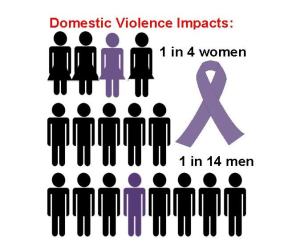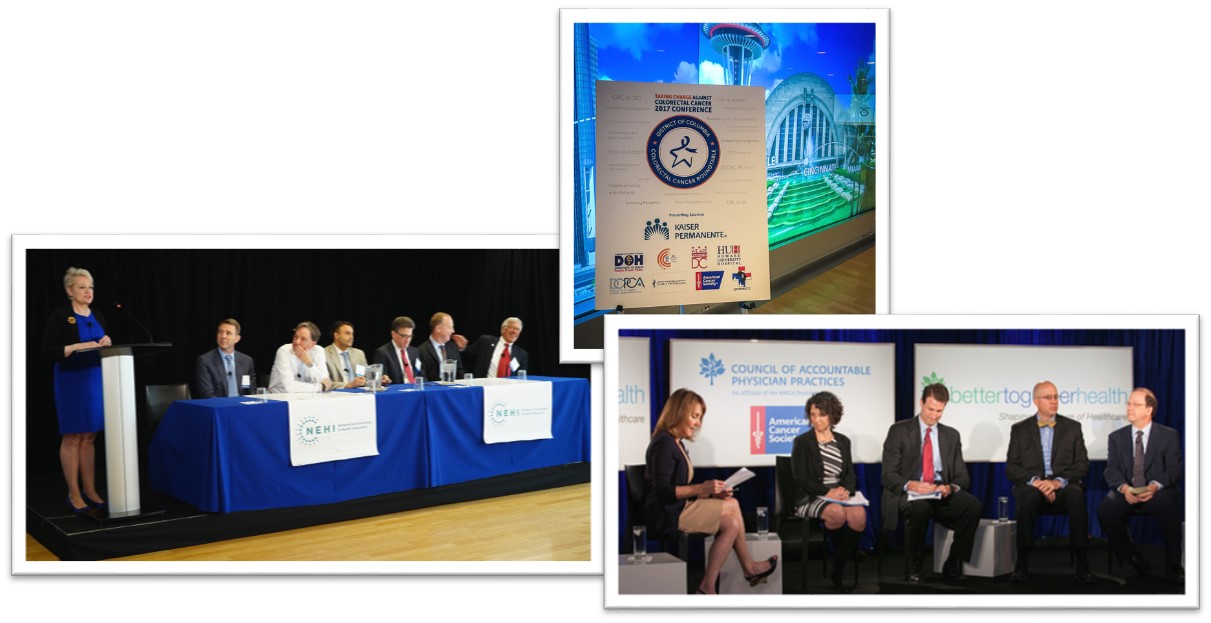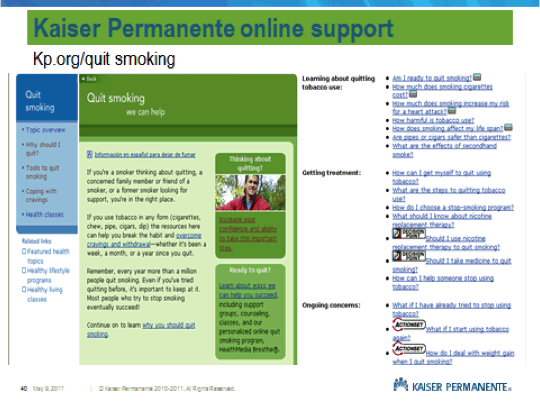 This month and every October, we pause to reflect on the profound impact that domestic violence has at the individual, community and national levels. It is well documented that one in four American women and one in fourteen men will be subject to domestic violence during their lifetime. We know more today than ever before about the science behind domestic violence — meaning its short-term and long-term health impacts.
This month and every October, we pause to reflect on the profound impact that domestic violence has at the individual, community and national levels. It is well documented that one in four American women and one in fourteen men will be subject to domestic violence during their lifetime. We know more today than ever before about the science behind domestic violence — meaning its short-term and long-term health impacts.
Kaiser Permanente has a long track record of raising awareness and taking action on this topic for the benefit of the many lives it insures (many of whom are employees of the company). Its efforts were recognized last month by Peace Over Violence (a Los Angeles based non-profit whose goal it is to eliminate violence against women, youth and children) in the form of a corporate humanitarian award. This honor came about because of Kaiser Permanente’s leadership in partnering with the NO MORE campaign to raise public awareness about this issue via funding for programs serving survivors.
This week, the Institute for Health Policy website published an updated version of the article I authored in 2012 that highlights Kaiser Permanente initiatives and the gains over the last decade. A shining example is the implementation of an innovative approach for domestic violence prevention that was first piloted and launched in Kaiser Permanente’s Northern California region. In the words of Brigid McCaw, MD, director of that region’s family violence prevention program: “Transforming the health care response to domestic violence requires going beyond the traditional focus on didactic training for clinicians. Kaiser Permanente’s successful ‘systems model’ approach demonstrates that domestic violence prevention can be effectively incorporated into everyday health care services.”
You can read the story in its entirety at the Institute for Health Policy site.




